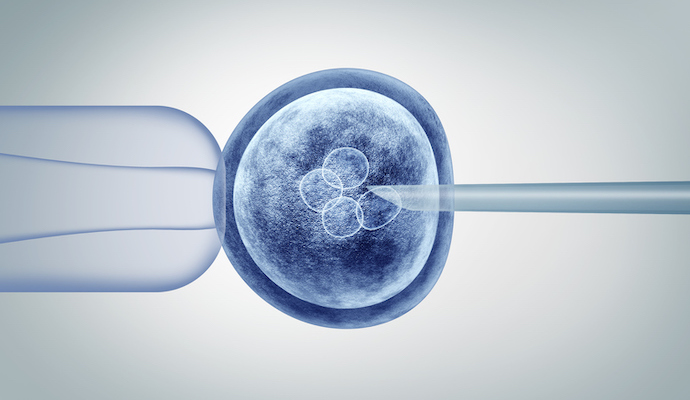AstraZeneca’s COVID-19 Vaccine Enters Phase 3 Clinical Trial
The Phase 3 clinical trial will assess the safety and efficacy of the COVID-19 vaccine in nearly 30,000 adults from various geographic backgrounds, who are either healthy or have underlying conditions.

Source: Thinkstock
- AstraZeneca recently announced that its COVID-19 vaccine, AZD1222, expanded into a Phase 3 clinical trial in the US to assess its safety, efficacy, and immunogenicity.
The trial, D8110C00001, is funded by the National Institute of Allergy and Infectious Disease (NIAID) and led by AstraZeneca.
The US Biomedical Advanced Research and Development Authority (BARDA) also gave AstraZeneca $1 billion for the development, production, and delivery of AZD1222.
BARDA has been on the frontlines of the COVID-19 pandemic since the beginning and has continuously supported vaccine research and development efforts.
Back in April, the organization gave $483 million to Moderna to bolster vaccine development using the company’s mRNA vaccine candidate.
Now, the organization’s efforts will help to further support D8110C00001.
“We are pleased that AZD1222 demonstrated safety and immunogenicity across all adult age groups and are proud to be collaborating with BARDA and NIAID to accelerate the development of this vaccine,” Mene Pangalos, executive vice president of BioPharmaceuticals, R&D, said in the announcement.
“Should clinical trials demonstrate the vaccine protects against COVID-19 disease and is approved for use, we will work hard to make it globally available in a fair and equitable manner as rapidly as possible.”
The NIAID-supported COVID-19 Prevention Network (CoVPN) will participate in the trial.
The CoVPN is made up of existing NIAID-supported clinical research networks with infectious disease expertise. It is designed for efficient evaluation of potential COVID-19 vaccine candidates and antibodies.
The Phase 3 trial will enroll nearly 30,000 adults aged 18 years or older from different racial, ethnic, and geographic groups who are healthy or at increased risk of contracting COVID-19, such as individuals with HIV.
Participants will be randomized into two groups and receive either AZD1222 or saline control, four weeks apart. Twice as many participants will receive the vaccine than the saline control.
Local and systemic reactions and immune responses will be assessed in 3,000 patients, researchers said.
“Safe and effective vaccines will be essential to meet the global need for widespread protection against COVID-19,” Anthony S. Fauci, MD, NIAID director, said in a statement.
“Positive results from preclinical research led by NIH scientists supported the rapid development of this vaccine candidate, which has also showed promise in early-stage clinical trials.”
The Phase 3 trial is being implemented as part of Operation Warp Speed, a public-private partnership to facilitate the development, manufacturing, and distribution of COVID-19 vaccines, therapeutics, and diagnostics.
Late-stage clinical trials are currently taking place in the UK, Brazil, and South Africa, with trials planned to start and Japan and Russia in the near future.
These trials, along with the Phase 3 US trial, will enroll nearly 50,000 participants globally. And results from the trials are expected later this year.
Oxford University’s Jenner Institute and Oxford Vaccine Group developed AZD1222. The candidate was then licensed to AstraZeneca for further development.
At the end of May, after showing success in clinical trials, AstraZeneca collaborated with multiple countries and organizations to make AZD1222 widely available.
The company agreed to support the establishment of a joint research center at Oxford University for pandemic preparedness research.
As part of the collaboration, AstraZeneca will provide at least 400 million doses of the vaccine and has already secured total manufacturing capacity for one billion doses.
“This pandemic is a global tragedy and it is a challenge for all of humanity. We need to defeat the virus together or it will continue to inflict huge personal suffering and leave long-lasting economic and social scars in every country around the world,” Pascal Soriot, chief executive officer at AstraZeneca said in the May announcement.
The first deliveries of AZD1222 are expected to begin this month.
